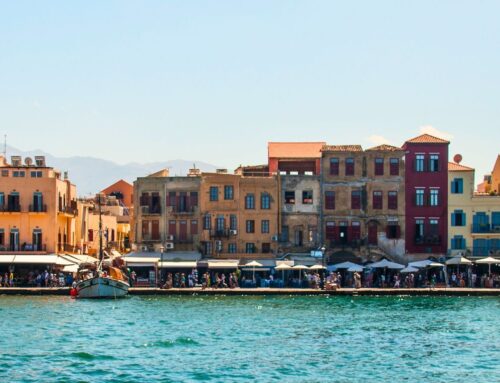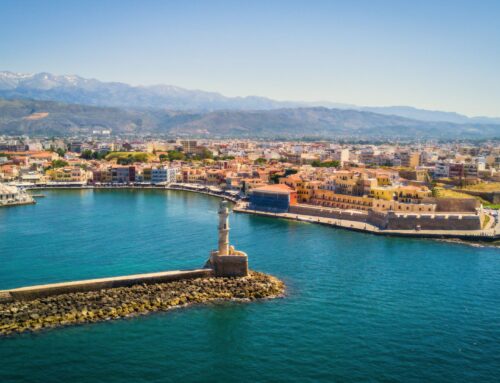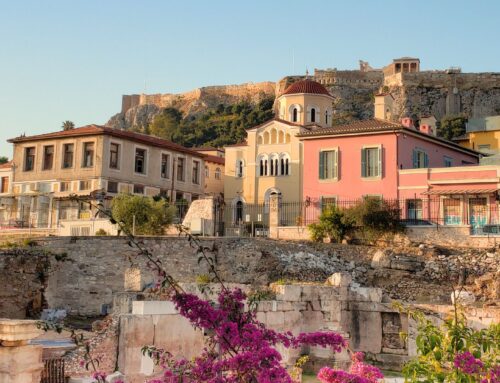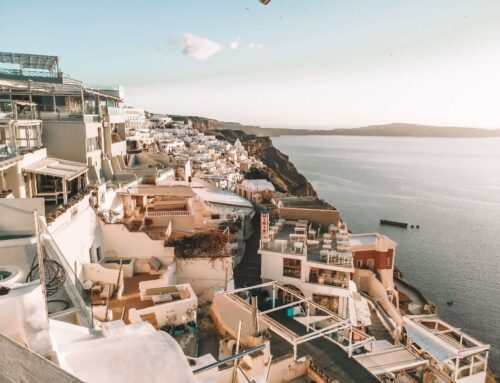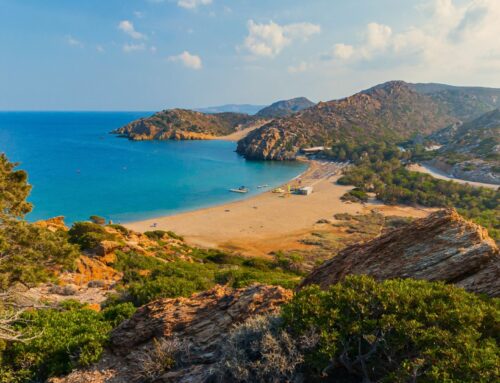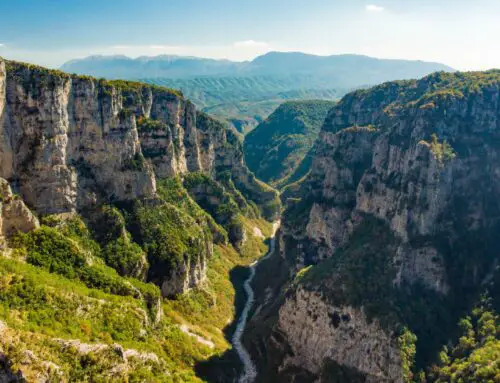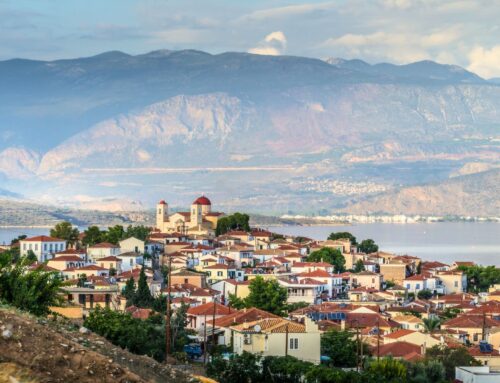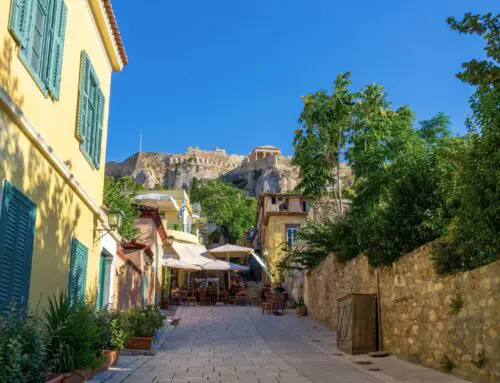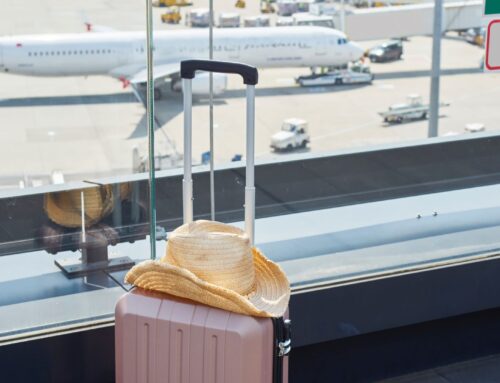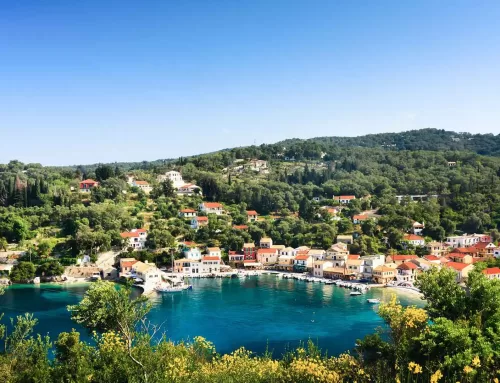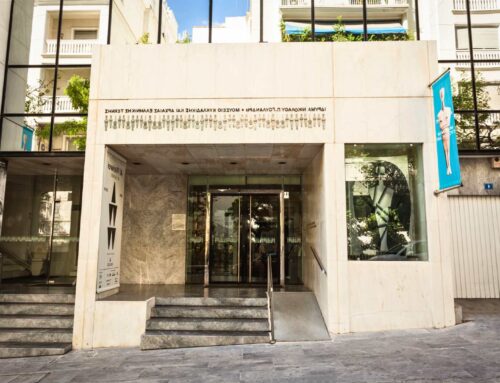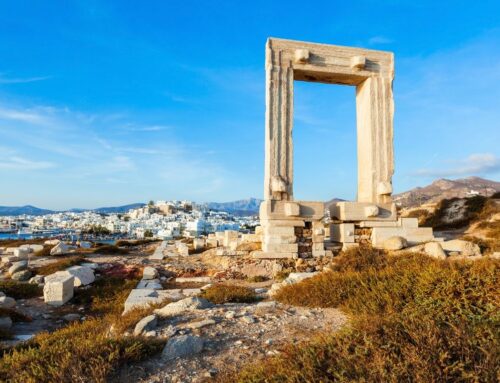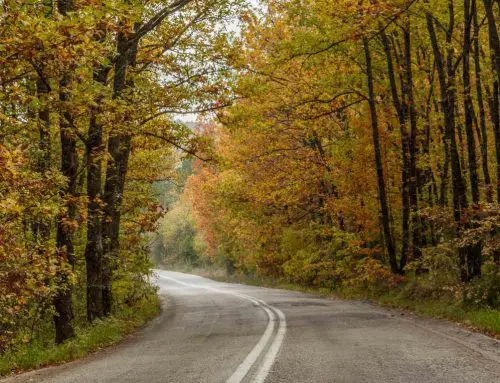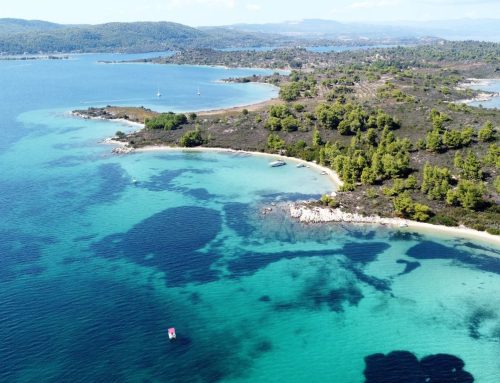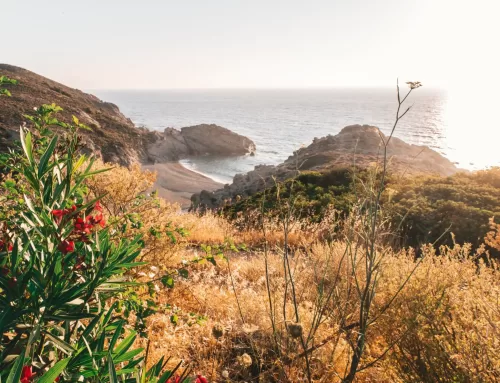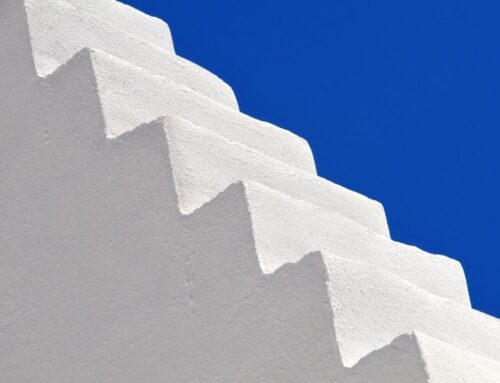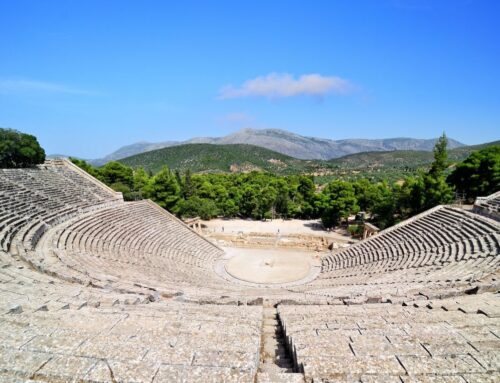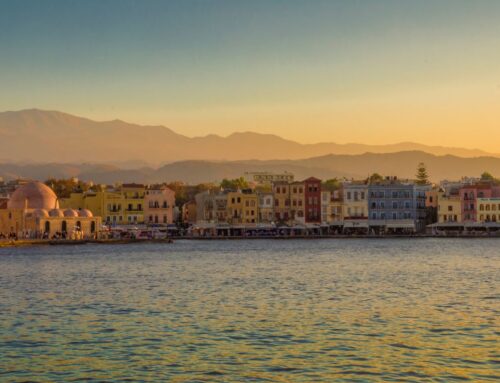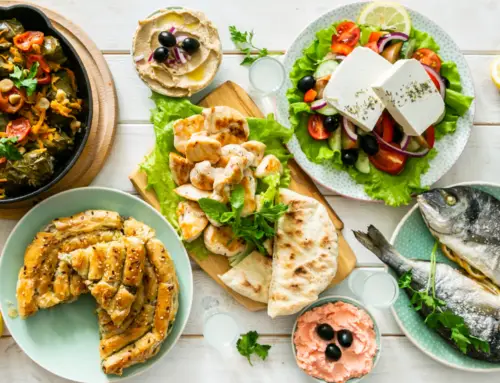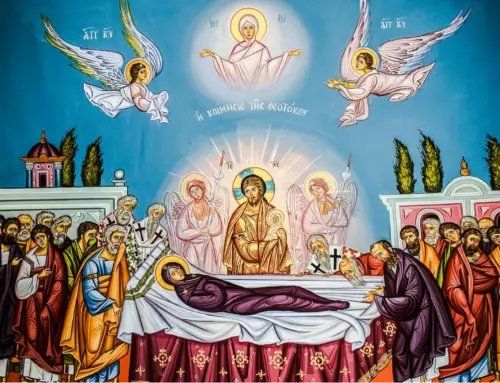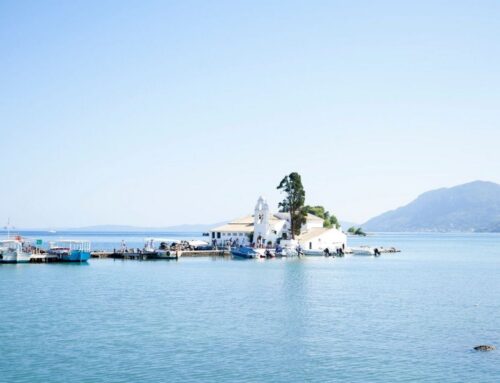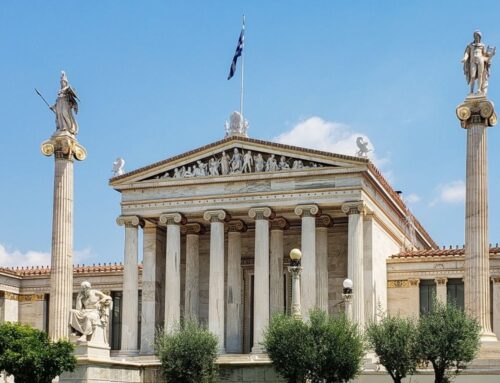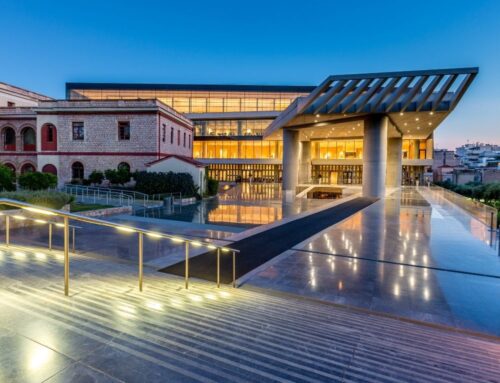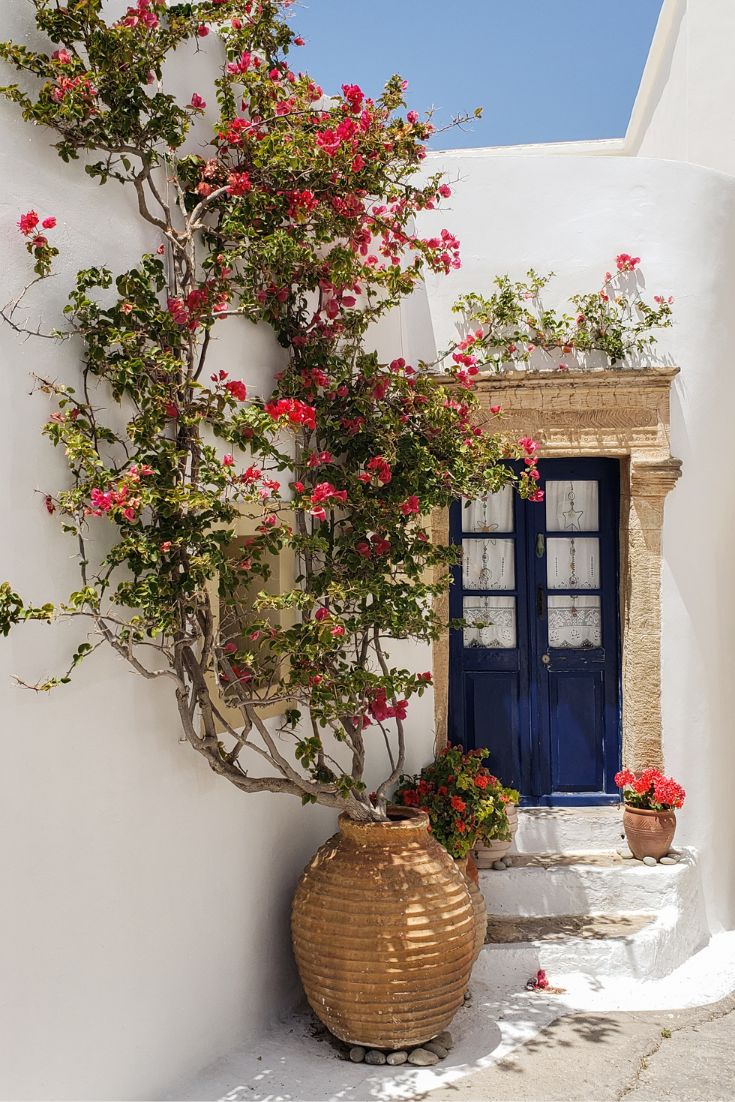What Is Clean Monday And How We Celebrate It In Greece
What Is Clean Monday And How We Celebrate It In Greece
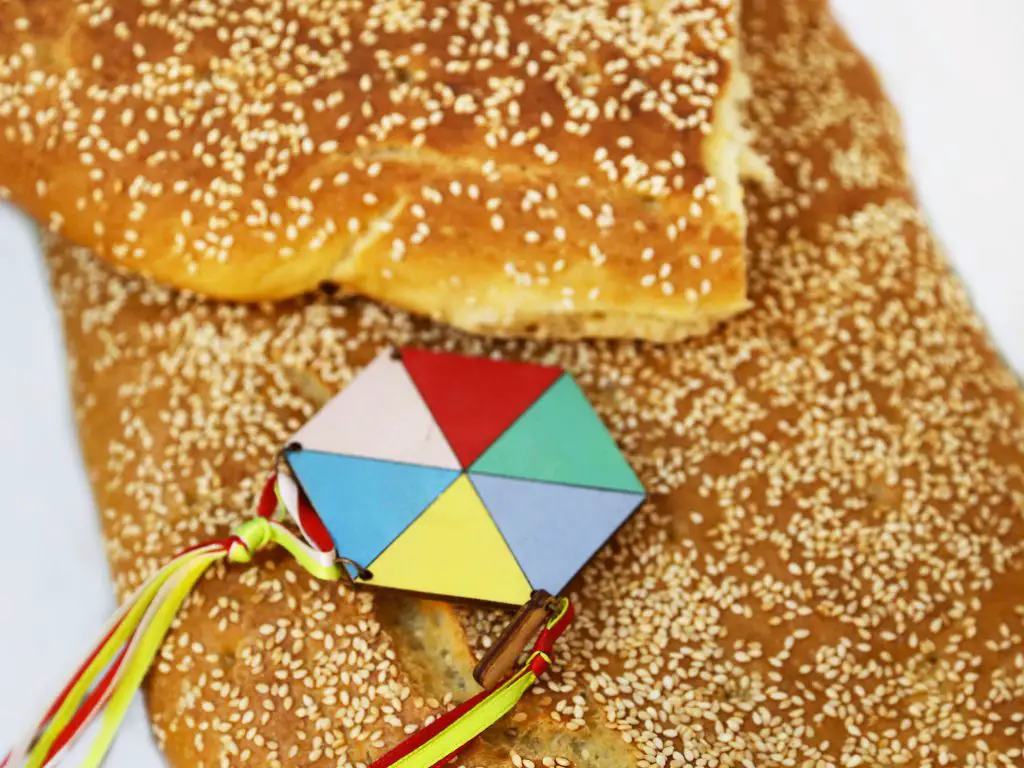
☞ Table of Contents:
Clean Monday is one of the most important bank holidays in Greece. This tradition does not have a stable day of celebration but is dependent on Orthodox Easter. Clean Monday is celebrated 50 days before Orthodox Easter, and it marks the beginning of the Great Lent period for Orthodox believers and the end of the Greek Carnival.
Why is it called Clean Monday?
There are two different explanations as to why this Monday is called clean. The first one comes from everyday life, as it says that women used to clean so many pots after the end of the carnival, that they did not have time for anything else. The second one derives from the Orthodox Christian religion. After the consumption of big amounts of meat during the carnival, Clean Monday comes to clean and purify the body and soul and prepare believers for Easter.
☞ Related: 10 Greek Traditions That Will Make You Feel More Greek
Another name for Clean Monday is Koulouma. Koulouma means the massive visit of people to the countryside to celebrate Clean Monday. The word derives from the Latin word “columus”, which means excess and aplenty.
Kite-flying
The celebrations of Clean Monday have as a main activity, kite-flying. When the weather allows it, young and old, families and friends go to the countryside and attempt to fly a kite. Usually, you will also find traditional Greek music and different happenings, organized by the public authorities.
☞ Related: A List Of The Best Things To Do On Holiday In Athens
In the past, the kites used to be handmade by the father or grandfather of the family. In that way, the art of kite making was passed to the new generations, remaining alive. Nowadays, most of the people buy a kite instead of making it. Either way, the result is still beautiful and a great bonding activity for families.
What’s the meaning of flying a kite? China is the first country that claims the copyrights of the handmade kite. Through the commercial routes, and especially through the commerce of silk, the art of kite-making, traveled to Europe.
For the Christian Orthodox church, the kite symbolizes the human soul, which flies in the sky free and pure to meet the Creator. Through this process, the believers are getting ready for the Ressurection of Jesus Christ and the Orthodox Easter.
Clean Monday Menu
Clean Monday is the first day of the 40-days Lent until the Orthodox Easter, the greatest religious celebration for Orthodoxy. The menu is meat-free and dairy-free, as well as olive oil-free. Here we will present you with a typical menu for Clean Monday.
Lagana: this is a special bread prepared specifically for this day. The special characteristic of lagana is that it is prepared without the yeast and its flat. Greeks eat it on Clean Monday, as it is related to the “help”, the unleaveaned bread, that God sent to Jewish people for them to get out of Egypt.
Taramas or Taramasalata: this is an authentic Greek fish roe dip, which is popular during the Lent period. This dip consists of mashed potatoes, fish roe, olive oil, lemons, onions, and breadcrumbs. There are two types of tarama dip, the classic white one and the pink one, which is exactly the same recipe but in a pinkish color.
Seafood: as meat is not part of the menu, all kinds of seafood play a major role. Grilled octopus, grilled or stuffed squid, oysters, and mussels are just a few of this day’s specials.
Olive oil: the golden product of the Greek land has a major part on Clean Monday’s table. Olive oil makes the food taste better and is also the perfect starter with a slice of lagana bread.
Fasolada: this is a traditional Greek white bean soup that is usually referred to as the “National Dish” of Greece. It consists of plain ingredients, like white beans, vegetables, tomato sauce, onions, and water. Its taste is hearty and it is often accompanied by salted sardines.
Halva: this is the most common dessert during the Lent period. The recipe of Halva originates from the Middle East, but it is common in the Balkans, as well. There are two types of recipes: the first one consists of semolina pudding and raisins and the second one is made out of sesame tahini. The second one is the choice for Clean Monday, as it does not contain olive oil, butter or eggs.
Special Clean Monday traditions in Greece
In general, Greeks prefer to go out in the countryside to fly a kite and enjoy a picnic meal outdoors. Of course some people prefer to stay at home, or going to a taverna or restaurant.
☞ Related: 20 Destinations For Greece 2020 That Are Not On Your Radar
But in some particular places in Greece, they have special celebrations that take place during this day.
Vonitsa
Vonitsa is a small town in mainland Greece, near Preveza city. Here, on Clean Monday, they celebrate the tradition of “Straw Gligori”. The story goes, that there was once a young fisherman called Gligoris, who renounced the sea and chose to live his life in the mainland. The villagers did not agree with his decision and wanted to punish him.
So, every Clean Monday people make an effigy of Gligory out of straw, they tie him with a horse and carry him around the whole village. In addition, the whole day there is music, food, and dances for the visitors’ entertainment. At the end of the day, they throw the model of Gligoris in a burning boat and let it loose.
☞ Related: The Most Enchanting Villages in Mainland Greece You Need To Visit
Village of Polysitos, near lake Vistonida
This is a small village, near the city of Xanthi in the north-eastern part of Greece. On Clean Monday, in the main square of this village, where all people gather to eat and fly kites, some people stand dressed up and ready for mischief. Their mission is to smudge all the visitors with coil. The reason for this tradition is in order to force the people to be dressed up.
Chios Island
In the village of Mesta in Chios island, there is the tradition of “Aga”. This tradition originates from the Turkish occupation years. “Aga” was the name of the master of the area and he used to sit in the main square and judge the residents for their misconducts and crimes. The “Aga” used to define the appropriate punishment in compliance with the severity of the action.
☞ Related: 5 Reasons: Why You Need To Visit Chios
Each Clean Monday, a man is dressed up as “Aga”, judges the resident’s actions and sets out their punishment. The amount of money, that is gathered from the “punishments”, is offered to the Community Center of the village. All this of course happens in a humoristic way and entertains the visitors, as well as benefits the work of the center.
Ioannina
In this beautiful city of the Epirus region, we have the tradition of “Tzamales”. On the Sunday of the Greek carnival, in every region of the city, people light large fires, which are called “tzamales”. All the fires should remain alive until Clean Monday. People gather together four days before the carnival and collect the wood needed. The whole process is accompanied by traditional Greek music and plenty of food.
The reason for this tradition comes from the primal belief in the power of fire. People believe that through the fire, both the place as well as their souls can be purified.
Thiva
The city of Thiva is in mainland Greece. There, they have a tradition called “the wedding of the Vlachs”. Vlachs are an ethnic group, which is recognized by the Greek state and they are located in various places of Greece and the Balkans. This tradition satirizes the match-making that used to happen.
During Clean Monday, two men are dressed up as the bride and groom and they pretend to prepare their wedding. Visitors can see the bride getting ready for her big day, while the groom is getting ready as well, by the tradition of shaving the groom.
- A big part of Greece’s beauty is the dedication of people in tradition. Clean Monday is one of the most important bank holidays of Greece and is magnificently celebrated throughout the country. Either you choose to visit a random place in Greece or one of the abovementioned with the special customs, it is certain that you will have a great time. Let us know in the comments below, which one of the traditions of Clean Monday impressed you the most!
*Disclaimer: This page might include affiliate links. If you decide to book something through one of them, I might get a little bonus, but it won't cost you anything extra.*


